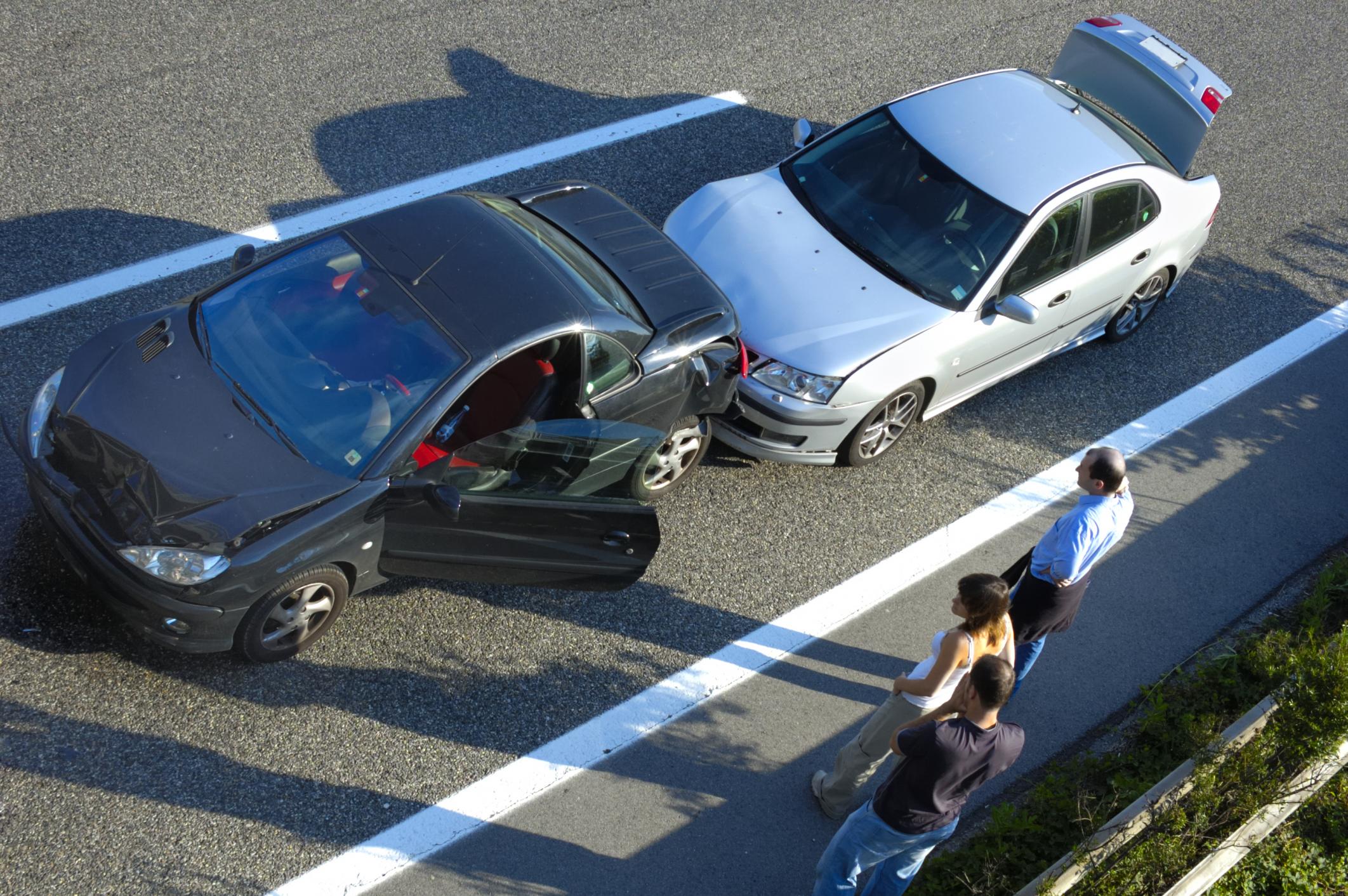From light taps to major damage, a rear-end collision can change your life forever.
Being struck from behind by another vehicle is always a surprise, and it can often be horrific when the collision involves a big truck or other style of commercial container.
The car in front can easily be overtaken because of the sheer velocity of the approaching vehicle. Serious injuries are commonly suffered by both drivers and passengers, with many accidents actually resulting in fatalities.
Gas tank explosions are not uncommon in rear-end crashes and are especially common when gas tanks are nearly empty. It takes very little to create an eruption, and leaking gas can create additional roadway hazards for all cars in the accident proximity.
Accidents involving small cars can be especially bad, as compact cars are no physical match for many other highway occupants such as SUVs and pickup trucks. Being struck from the rear can also result in forcing the vehicle in front into another truck or car. Each individual scenario often dictates the nature of the accident as well as the injuries involved.

Rear end accidents statistics
Over 500,000 people are injured annually as a result of rear-end accidents. They are easily among the most common crashes on the highway, and they can also happen at high rates of speed.
Speeding and not allowing a safe distance between vehicles is the primary cause of many rear-end collisions. Passengers in the back area of the front vehicle are most susceptible to a wide variety of injuries when a rear end accident happens, but even those seated in the front seat can be hurt in a moderate speed collision.
All personal injury attorneys understand that whiplash and back injury are common in these types of claims. Many result in long-term future physical problems for injured victims.
Understanding the Florida law
All accidents are evaluated according to the law of vehicular control that generally states all drivers should have control of their vehicles going forward at all times.
However, this does not mean that rear-end accidents will always result in the following driver being at fault for the crash. Front vehicles that stop quickly without warning could result in multiple drivers being found at fault, especially in a pile-up crash.
Deliberately causing an accident can actually lead to criminal charges in some instances. Drivers should maintain a “reasonably safe” distance from the vehicle in front, and those drivers who do not adhere to this rule could be determined proportionally at fault through comparative negligence evaluation.
Determining fault in a rear-end accident
Rear-end collisions are not always cut-and-dried cases when it comes to determining fault. All states utilize comparative negligence laws when adjudicating an accident, which generally holds that there could always be multiple negligent actors in any one collision.
Total fault is a regular determination in a rear-end collision, but not always. Passengers who were not driving are typically eligible for compensation when there is sufficient insurance protection covering the at-fault driver’s vehicle, but many times pursuing damages beyond insurance maximums can be difficult.
Rear-end crashes involving commercial vehicles could potentially result in a whole damage settlement because the transportation company is required to carry significantly higher liability insurance levels, but drivers who are assessed a fault percentage will have their settlements reduced by the designated number.
Punitive damages
There are instances when a rear-end collision might result in punitive damages if a case goes to a full trial. Accidents involving drunk drivers can result in punitive damages when a criminal charge results in a conviction for DUI, and cases involving big trucks and drivers who are violating the rules of the road could yield a punitive award as well.
The details of your accident matter greatly when the case is heard in court, and the jury must award the damages as a verdict. The court cannot apply punitive damages outright, but your accident attorney can use strong evidence when negotiating an equitable settlement to avoid a trial.
Never assume a rear-end accident is the fault of the trailing driver. Always hire an experienced auto accident attorney who understands that details matter in accident finalization, and who has an excellent track record of results for their clients.
If you’ve been injured in a rear-end collision in Florida, call the experienced attorneys at Tragos Law for a free case consultation today.